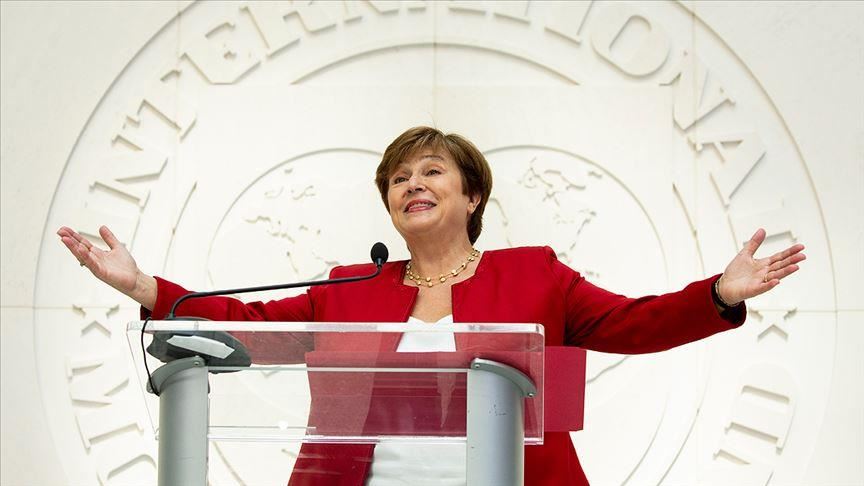Managing Director of the International Monetary Fund (IMF), Kristalina Georgieva has said that public aid and funding from governments of developed countries alone won’t be enough to close the funding gap on climate change initiatives in developing countries.
Speaking during an interview at the COP27 climate change summit in Egypt’s Sharm el-Sheikh, the IMF chief said that more private investments were therefore needed to help developing countries meet their climate change targets.
“We will never close it if we rely on the generosity of rich countries because it is too big to be close [sic] with public money,” Georgieva said. “So most important here, and in the months to follow, is to work relentlessly to create opportunities for private investments to take place in the developing world.”
Recall that the United Nations called for “increased funding and implementation of actions” to help vulnerable nations adapt to the climate emergency ahead of the COP27 summit which kicked off on Sunday, November 6.
Citing the devastating floods in Pakistan, the United Nations Environment Programme’s Executive Director, Inger Andersen said that climate change was landing blow after blow upon humanity as seen so far in 2022.
Read also: What to expect as COP27 begins in Egypt
A UN report also showed that vulnerable and developing country will need between $160 billion and $340 billion by the end of the decade to make climate-related changes, and up to $565 billion by 2050.
U.N. Secretary-General António Guterres had also said that adaptation needs in the developing world were set to skyrocket to as much as $340 billion a year by 2030, even though adaptation support today stands at less than one-tenth of that amount.
“The most vulnerable people and communities are paying the price. This is unacceptable.”
During the interview, however, IMF’s Georgieva said that it was in the interest of advanced economies to help developing countries meet their climate change targets, citing stability as a key reason.
“If we are to allow climate shocks, time and again, to devastate poor countries, we contribute to instability that Europe feels very strongly, especially when migration flows increase”, she said.
Speaking further, she said that stability in developing countries also secures trade between advanced and developing countries.
“If you want to have your economies export to these countries, there has to be prosperity and stability there,” Georgieva said. “Disruptions in supply chains caused by climate change events could pose a bigger risk than the one posed by the pandemic”.
She maintained that there was a need for a greater push to make businesses in advanced countries accountable for emissions reduction, and taxes and regulations are levers that many governments can use.
Story was adapted from CNBC news.
